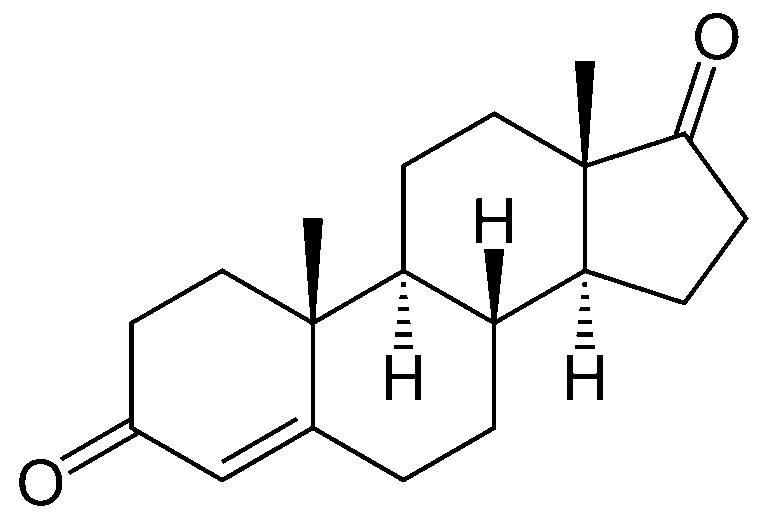Q: I’m 32, and for six years I’ve had a continuing loss of libido. In the last two years, I don’t think of sex or get an erection without serious coaxing from my partner. A hormone level test came back normal. My doctor gave me Viagra, which gives me an erection, but what’s the use when I have no urge to use it? Some time ago, when I lifted weights, I tried androstenedione and noticed that it increased my libido dramatically. I stopped taking it for health concerns, but lately I’ve tried it again to see if I could reproduce the side effect — and it worked! Now I’m weighing my (and my partner’s) sexual well-being against the long-term health concerns of this supplement. Is there anything else I should consider before continuing with androstenedione? Is it possible that although my testosterone levels test normal, my body isn’t using it efficiently?
A: Androstenedione is a precursor to testosterone, the hormone largely responsible for male libido, muscle growth, and energy levels. It’s naturally produced in the adrenal glands and testes, where it is converted into testosterone. As a group, such hormones are classified as anabolic steroids.
The Risks of Androstenedione Use
When young men take anabolic steroid supplements like androstenedione, the body often reduces or shuts down its own hormone production. This occurs because introducing excess hormones triggers a feedback loop that signals the testicles to stop making testosterone. Long-term suppression can cause testicular shrinkage and permanent damage, potentially leading to chronically low testosterone levels even after stopping the supplement.
As highlighted in Performance Enhancing Drugs, using hormone precursors and anabolic substances without medical supervision can disrupt the endocrine system and cause liver stress, fertility issues, and cardiovascular risks.
Testing and Treatment the Right Way
Before concluding that testosterone levels are normal, most endocrinologists recommend checking them several times under consistent conditions. Testosterone levels fluctuate throughout the day and from week to week. I typically advise obtaining morning testosterone measurements once a week for three weeks before confirming a diagnosis. Only then can your doctor accurately assess if your hormone function is within normal limits or not.
If tests show consistently low levels, your doctor may suggest medically supervised therapy such as testosterone patches, gels, or injections. These treatments are regulated, safer than supplements, and allow precise dosing to restore balance gradually. If your levels are normal, your physician might look deeper into other factors such as thyroid issues, chronic stress, or depression. These aspects, as noted in Antidepressants & Ejaculation Problems, can also influence libido and sexual responsiveness.
Natural and Safe Strategies to Support Libido
Rather than self-administering steroids, consider evidence-based lifestyle changes. Exercise, stress management, and a diet rich in omega-3s and antioxidants support optimal hormone production and blood flow. You can also explore safe supplements and adaptogens under medical guidance. Practices like yoga and mindfulness — discussed in Yoga for “the Boys” — can also improve circulation, mood, and sexual energy naturally.
Research from the National Center for Biotechnology Information shows that regular exercise and balanced nutrition can raise testosterone and improve libido without the health risks associated with steroid use.
Conclusion
While androstenedione may temporarily boost libido, the long-term consequences often outweigh the benefits. The safest path involves working closely with your physician to identify and treat underlying causes of low sexual drive. With consistent monitoring, healthy lifestyle adjustments, and medical support, libido and energy can often be restored naturally — without the risks linked to hormone manipulation.


